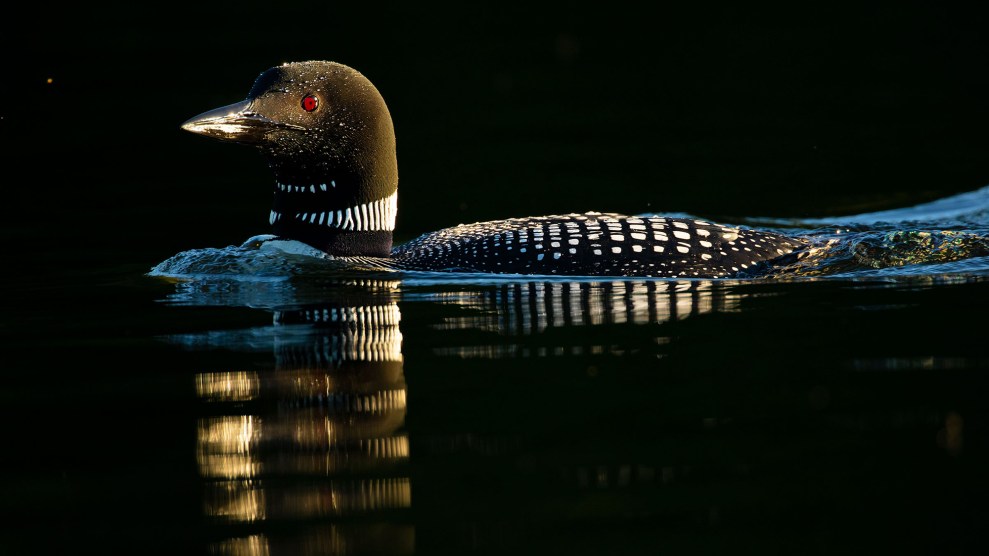Al Jazeera cameraman Sami Muhyideen al-Haj was detained by Pakistani intelligence in December 2001, shortly after the fall of Kabul, as he and his crew attempted to cross the border into Pakistan. Turned over to U.S. authorities, who have accused him both of acting as a bagman for Chechen rebels and of aiding al Qaeda, he has spent close to five years in Gitmo where he, like his fellow detainees, has been held on the basis of secret evidence and with no legal recourse. As the Committee to Protect Journalists’ Joel Campagna writes:
The military labels the allegations as “evidence.” But a review of the public documents shows that they are assertions of wrongdoing without the documentation or testimony normally considered by a court to be evidence. Supporting evidence, if any, is part of the U.S. military’s classified file — off-limits to the public, al-Haj, and his lawyer.
Among the more troubling aspects of al-Haj’s detainment is the subject his captors have routinely sought to interrogate him on. His lawyer, Clive Stafford-Smith, told CPJ that “virtually all of the roughly 130 interrogations al-Haj has been subjected to have focused on Al Jazeera…. He said military officials have appeared intent on establishing a relationship between Al Jazeera and al Qaeda, questioning al-Haj about prominent network journalists, the station’s finances, and how it pays for airline tickets.”
Beyond pumping the journalist for information on Al Jazeera, American and British interrogators may have also tried to recruit him to spy on his employer. According to declassified notes of visits between al-Haj and his lawyer, which were obtained by the Guardian last year, he has been offered U.S. citizenship in return for informing on Al Jazeera. “They have said, ‘If you work with us, we will teach you journalism, we will get you a visa to live anywhere you want, we will even give you US nationality, we will protect you, we will give you money,'” al-Haj has said. “‘We will help you write a book and then we will publish it. This will help make the al Qaeda people contact you, and work with you.'”
If true, the fact that the government wants a mole inside Al Jazeera shouldn’t come as too much of a surprise, since many military and administration officials regard the network as al Qaeda’s de facto propaganda arm. But the government may also have other motivations for seeking to infiltrate and potentially undermine Al Jazeera. As a recent Congressional Research Service report on military information operations points out, the network “is considered by many to be a ‘market competitor'” for U.S. propaganda efforts.

















